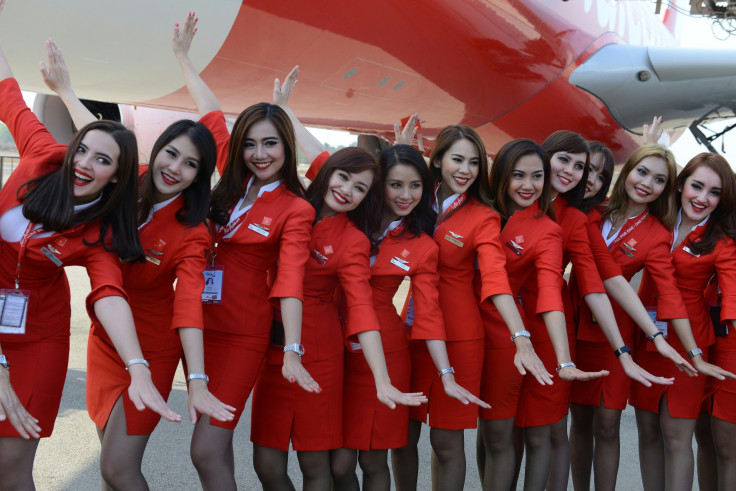Here's How Flying Will Change: Blood Tests, Face Masks, Onboard Janitors
The terrorist acts of Sept. 11, 2001, in the U.S. ushered in many changes to airline security procedures that resulted in changing the way people travel through the skies. Random screenings and metal detectors resulted in inane incidents like innocent elderly people with metal hip replacements being subjected to full body scans after setting off the detectors.
The new enemy of air travel is COVID-19. And just like 9/11, it figures to usher in a slew of new health and safety measures that could make the frisking of old people appear normal.
The crippled airline industry has lost an estimated $252 billion but when the surviving airlines once again take to the skies, passengers will notice some drastic changes.
The first ones will be preflight measures that will be put into place based on any government guidelines that emerge. Passengers may be required to produce what is being called an “immunity passport,” or documentation that proves a negative reaction to a recent coronavirus test. Another option is a quickie blood test administered at the gate.
According to Peter Harbison, chairman emeritus of the Centre for Aviation (CAPA), bi-and multi-lateral agreements will be required before most long-haul flights leave the ground heading to, and again from their destinations. Meanwhile, airports will need to design comprehensive health and safety measures, likely involving biometrics and touchless check-in.
Another view on such measures is expressed by Joanna Bailey, editor of aviation news site Simple Flying. She said, “Some airlines are doing it (coronavirus testing) right now, but it’s just not practical to roll this out in every location.”

At the least, there is expected to be a series of en masse health-monitoring measures like infrared body temperature checks that will be less physically intrusive but will add another layer of complexity to the boarding process.
After boarding, passengers might take some joy in seeing that the dreaded “middle seat” is gone but the joy will be tempered because the capacity of the plane will be reduced. The one-third loss of seats will reduce flight capacity to way below the current 77% seat occupancy needed for a flight with middle seats to break even financially. That will most certainly be reflected with much higher fares.
Stricter hygiene measures will challenge passengers. Face masks are not yet mandatory, but they are considered a “suitable alternative to social distancing” by the International Air Transport Association (IATA). Personal consoles with touch screen technology will be a likely victim of the spartan flights where any human interaction will be avoided.
Other steps could include restrictions on hand luggage, no more blankets or pillows, cashless payments, and regular disinfectant fogging. Attractive and maskless smiling flight attendants might be replaced with on-board janitors. For long international flights, hot meals could be replaced by pre-packaged food left on the passenger’s seats prior to take-off.
Only one airline so far, European budget carrier Ryanair, requires passengers to ask permission to use the bathroom, reminiscent of a high school study hall and just as inane as a body search on an octogenarian.
© Copyright IBTimes 2024. All rights reserved.




















